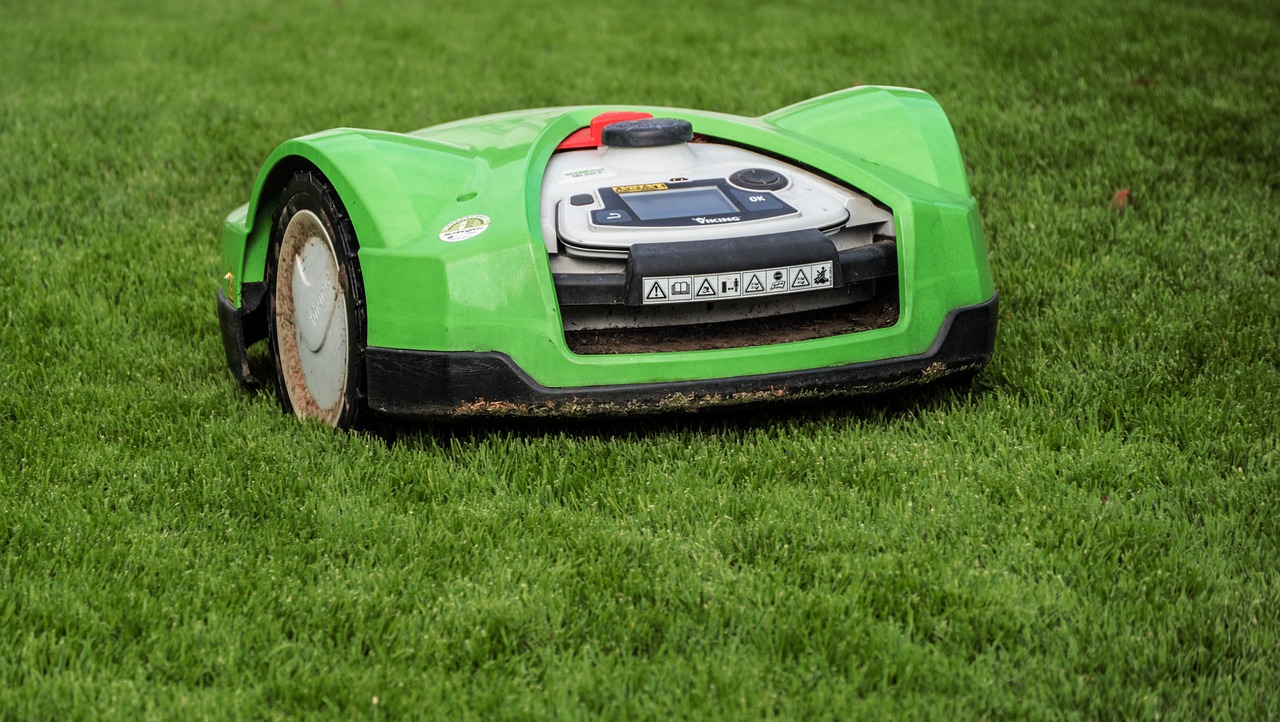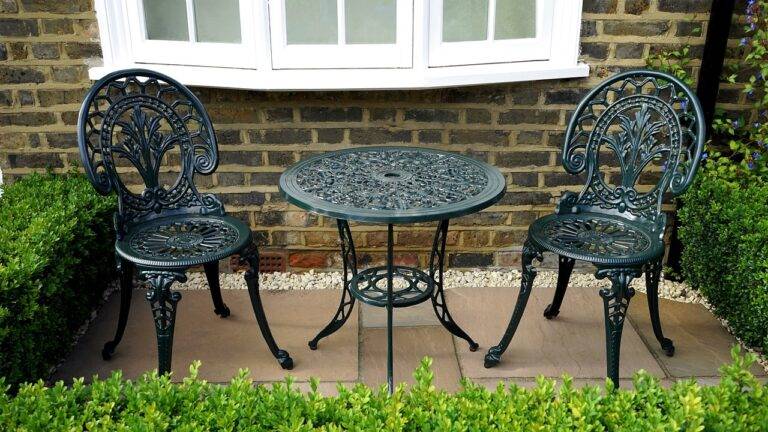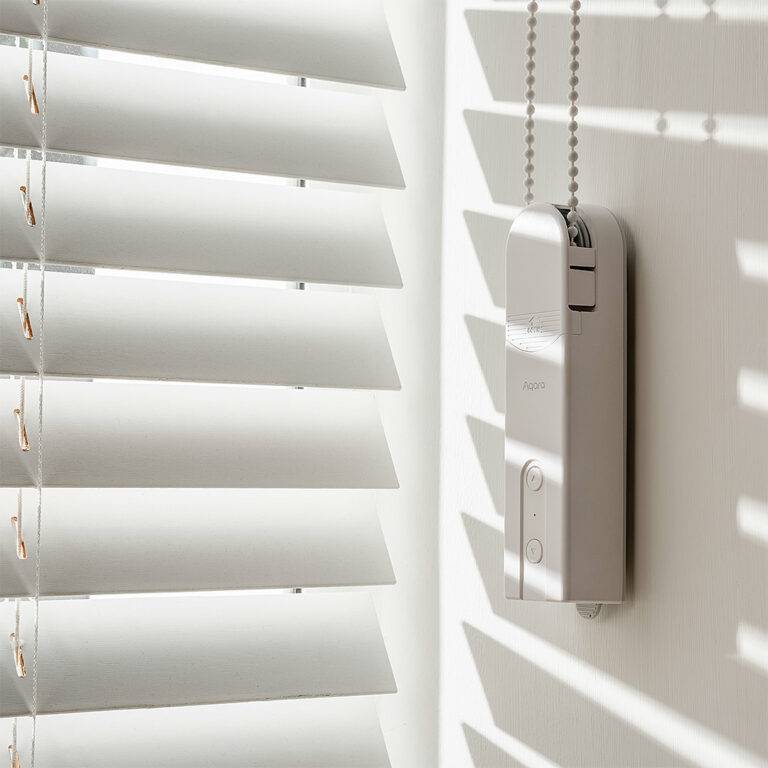Fire Safety in the Home: Tips and Products
Kitchen fires are among the leading causes of devastating home fires. Leaving cooking unattended on the stove or in the oven can quickly result in flames spreading throughout the kitchen. Grease buildup, overheating oil, or flammable materials near heat sources can all contribute to the risk of kitchen fires.
Electrical malfunctions pose another significant threat in causing home fires. Outdated wiring, overloading sockets, and the misuse of extension cords are common culprits. Faulty appliances left plugged in or malfunctioning can easily spark a fire if not properly maintained or replaced in a timely manner.
Understanding Fire Extinguishers
Fire extinguishers are essential tools for quickly tackling small fires before they escalate into major emergencies. It’s crucial to choose the right type of fire extinguisher based on the specific fire risks in your home. Understanding the different classes of fires and corresponding fire extinguisher types is key to effectively combatting fires.
Each fire extinguisher is labeled with symbols indicating the types of fires it is suitable for extinguishing. Class A fire extinguishers are designed for ordinary combustibles like wood and paper, while Class B extinguishers are for flammable liquids such as gasoline and oil. Knowing which fire extinguisher to use for each type of fire is vital in preventing further damage and ensuring your safety.
What are the common causes of home fires?
Common causes of home fires include cooking accidents, electrical malfunctions, candles left unattended, heating appliances, smoking in bed, and children playing with fire.
How do fire extinguishers work?
Fire extinguishers work by releasing chemicals or agents that suppress the fire. The most common types of fire extinguishers are water, foam, dry powder, CO2, and wet chemical.
How do I choose the right fire extinguisher for my home?
It is important to consider the type of fires most likely to occur in your home. For example, a kitchen fire would require a different type of fire extinguisher than an electrical fire. It is recommended to have a multi-purpose ABC fire extinguisher for home use.
How do I use a fire extinguisher?
Remember the acronym P.
How often should fire extinguishers be inspected and maintained?
Fire extinguishers should be inspected monthly to ensure they are in good working condition. Additionally, fire extinguishers should be professionally serviced every year to ensure they are ready to use in case of a fire.






